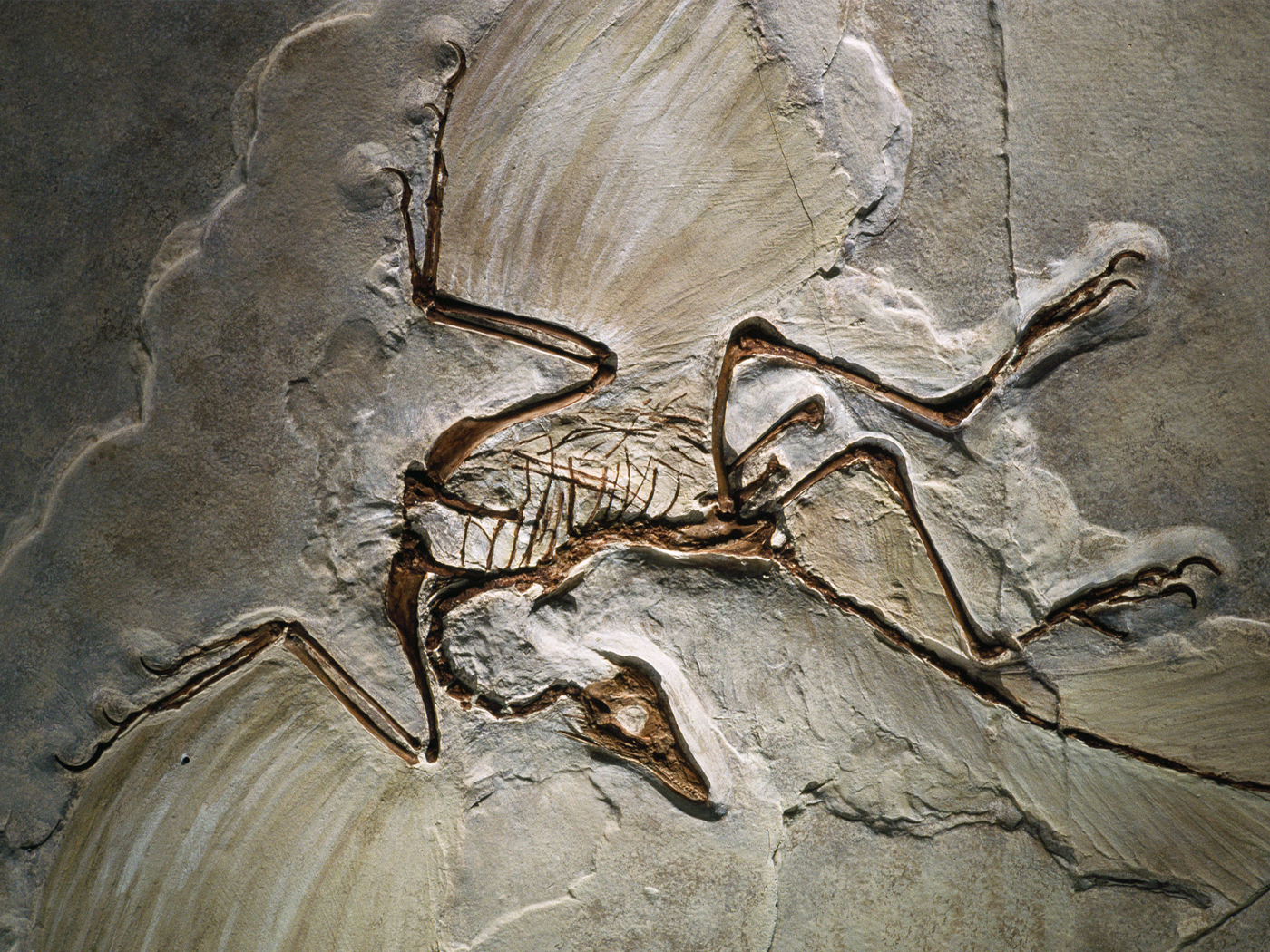Believers are commanded to share the gospel, but they sometimes face political obstacles when they try to “earnestly contend for the faith.”1
For example, in the early 1800s missionary William Carey, the Father of Modern Missions, began evangelizing India’s prodigious population. But despite heroic efforts, his work was frustrated by colonial politics. British colonial policy forbade introducing any activity that disturbed local customs, and his translating of the Holy Bible into Hindi was already aggravating some indigenous customs. Carey’s Great Commission work was being derailed in the name of social stability.
One local Hindu convention was the horrid practice of burning widows alive—after they had been drugged and immobilized—on their husbands’ funeral pyres. This widow-killing (sati) was an unquenchable grief to William Carey and his friends, as was his frustration year after year at failing to effectively evangelize Hindu Indians.
The dreadful widow-burning custom was essentially a culturally imposed violation of the Genesis mandate. God’s command in Genesis 9:1-7 to Noah and his family after they left the Ark was a new mandate to populate the earth and to treat innocent human life as sacred. Not only was killing the widows clearly murder (or at least a form of assisted suicide), it also prevented those same widows from remarrying and obeying the post-Flood command to “be fruitful and multiply.”
Carey needed a political breakthrough, and it occurred through the hand of a government official—a Danish colonial governor named Ole Bie.
Danish civil-rights activist, Colonel Ole Bie, was an active coalition partner of England’s William Carey (and a few others), in the successful lobbying of India’s traditional (and colonial) laws, to prohibit the widow-burning practice of seti [also spelled suttee or sati], a political blessing to countless women of India, not to mention all descendants of their children born after they (as surviving widows) remarried.2
Colonial Bie was a compassionate Lutheran Christian who valued the groundbreaking evangelical work that Carey and his American Baptist allies strove to accomplish in India. How did Bie “defend the faith” and further the Great Commission?
Colonel Bie gave Carey political asylum in the Danish trade colony of Serampore. Bie even provided financial support to Carey from his governmental resources by employing him as the Danish governor’s gardener, which also gave Carey diplomat-like passport privileges. Carey’s Danish employee status protected him from British government persecutions—and this enabled Carey to complete his pioneering Bible translations, to teach native children Christianity, and even to establish Serampore College in 1818.
Finally, after many years of tireless political lobbying by Carey, Bie, and others, the British government banned the widow-burning custom of sati—a huge blessing to India’s posterity, especially for all descendants of the surviving widows who remarried!2
Is Ole Bie famous as a “big” player in world politics, as a public servant in India? No. But like Nehemiah, Colonel Bie performed an important work by defending the faith thoughtfully and persistently. Surely the archives of eternity will prove that the cause-and-effect chain of dominoes set in motion by Colonel Bie’s activism in the little Danish colony of Serampore greatly advanced both the Genesis mandate and the Great Commission.
Sometimes those who “earnestly contend for the faith” need some political help. William Carey’s and Ole Bie’s work provides a perfect example of contending earnestly for the faith while promoting Genesis mandate values.
References
- Compare Matthew 28:18-20 with Jude 1:3. Consistent with Genesis 9:1-7 and Psalm 102:18, the faith can be defended by those who also defend innocent humans and their posterity.
- Johnson, J. J. S. January 2006. Dominoes of Destiny: Danish Historical Impacts and Precedents. Baltic Heritage Review, 9. The British colonial government finally decreed the practice of sati (widow-burning) illegal in 1829.
This article is adapted from a lesson in the online Associate of Christian Education program of ICR’s School of Biblical Apologetics (SOBA).
* Dr. Johnson is Associate Professor of Apologetics and Chief Academic Officer at the Institute for Creation Research.











